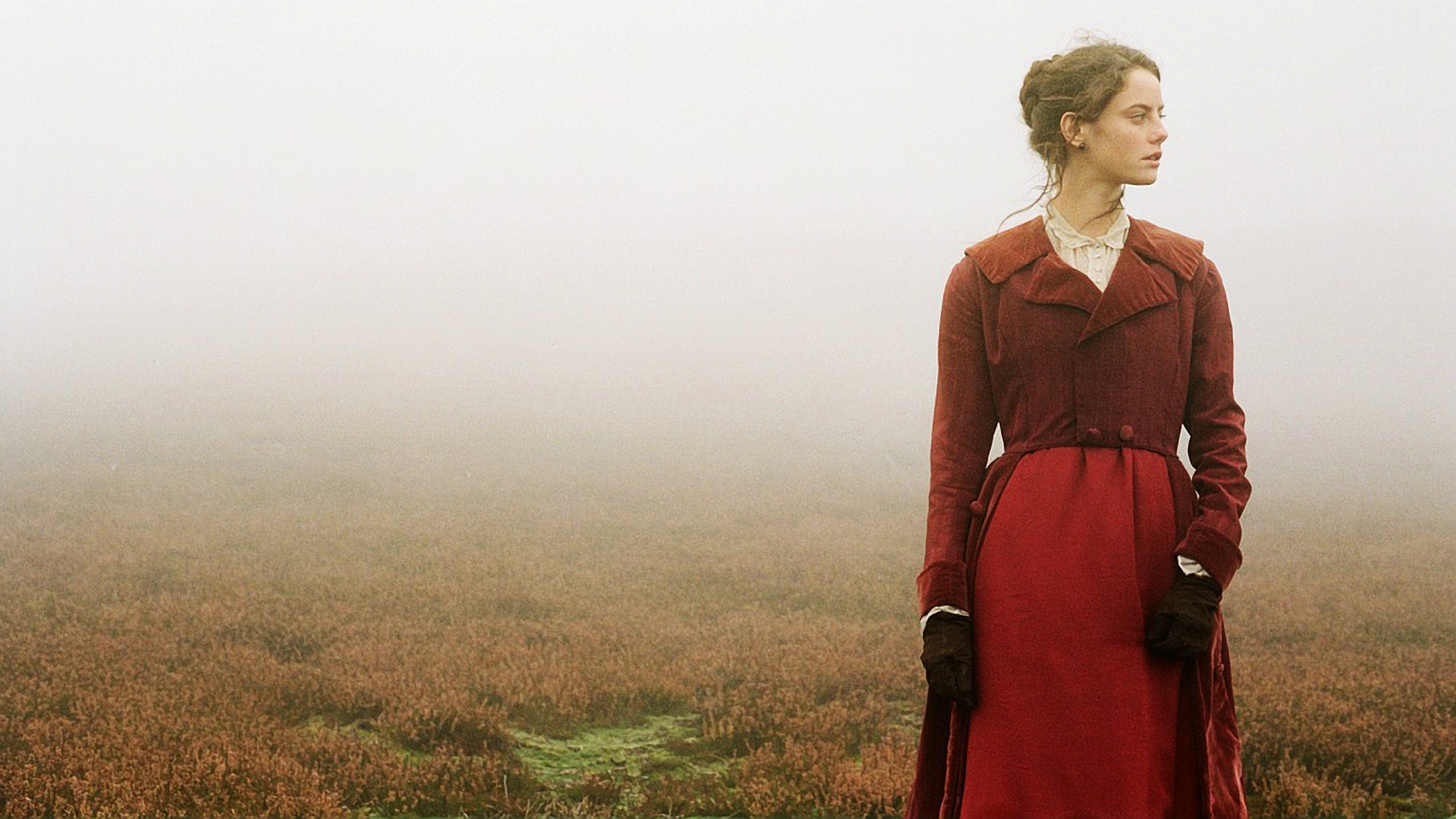I have received a couple of warm compliments, both by email and within the thread, about one of my comments in The Occidental Observer’s most recent article on Sweden. It’s reproduced below:
The commenters above have missed the main point: Independently of what that silly Jewess said, why are the Swedes marching passively like the blond Eloi to be sacrificed by the invading Morlocks?
Why?? As I said in the other thread, in their nations even Muslims of lower IQ (cf. Phil Rushton’s research) seem to be immune to the Jews’ mental tricks.
My tentative response is: As Jason said in the other thread (and as I have elaborated in my articles criticizing Christian moral grammar), the Swedes and other whites are basically “religious ideologues, having replaced self-flagellation and lifelong chastity with anti-white activism and political correctness.”
What is happening throughout the West strongly reminds me Mr. Earnshaw’s deranged altruism in Wuthering Heights.
Just replace “Mr. Earnshaw” with “Western elites,” and the “White people” with “Hindley”—Mr. Earnshaw’s legitimate son—, and you will see how this classic has depicted our current woes in truly prophetic ways:
♣
Note of September 2017:
The rest of this entry has been relocated: here.

4 replies on “The real Wuthering Heights”
I have just read the edition of Wuthering Heights edited by Andy Hopkins and Jocelyn Potter (Penguin Readers, with Audio CD pack available and retold by Evelyn Attwood, first published by Penguin in 1999). I was shocked to see that, besides changing the syntax into modern English, it censored some phrases—with no editorial warning in my 2008 edition!
I will only quote one of the key phrases that got censored. In chapter 5, after “I was frightened, and Mrs. Earnshaw was ready to fling it out of doors”, this edition omitted the rest of the sentence:
I am mad with the only available English edition for sell in downtown Mexico City because I had purchased it with the purpose of writing a review requested by Counter Currents Publishing. Now it seems that I cannot use the version that I read: a sugar-coated, politically correct edition. From the unsigned 2008 introduction of this Penguin Book:
So Penguin Books, which used to be a pillar of English literature when I was younger, now blames normal family values, not the gypsy, for the family tragedy of Wuthering Heights!
Next time you purchase a Penguin Book make sure that it is the original, unabridged, unedited version: which in a second-hand bookstore in the States should be far cheaper that just printing the e-book.
Give me a break… you cannot judge Wuthering Heights through a narrow ideological glass like this. It is plain silly to apply these measures to the novel. Out-of-group-altruism etc has nothing to do with the core of the novel, which is a dark romantic love passion, if you have missed this, don’t ever touch literature again. “WH”, like all of the Bronte sisters’ work is a prime example of White, Western Art and imagination.
You are mistaken. What any sane reader (who’s really sane these times BTW?) feels when reading WH is just what the passage in the copy I purchased omitted: “…when they had their own bairns to feed and fend for? What he meant to do with it, and whether he [Mr. Earnshaw] were mad?”
After the gypsy takes over the family estate and money, the (hypothetical truly sane) reader constantly asks himself, Why don’t they just kill the beaner?
You cannot fathom Bronte’s heart. Perhaps she listened a similar story and only dramatized it. The current interpretation in decades of filming the novel, that it is a love story, is just one possible interpretation.
Before becoming racially conscious my main field of interest was child abuse (see here). In the middle 19th century the subject of child abuse could only be approached peripherally, and only in novel form, e.g., a Mr. Earnshaw loving a gypsy much more than his legitimate son. All of the subsequent drama develops from this single, grotesque blunder. And Mr. Earnshaw’s fatal blunder is mere prologue for the continuing blundering of an English family that never put a stop to the abusive gypsy.
That the original novel is no love story in the common romantic sense is easily seen when taking into account the story of the second Catherine, which films like the one with Lawrence Oliver omitted completely.
In the real story the gypsy continues to destroy the families even after the first Catherine, whom the gypsy loved and hated, dies. But what kind of love is that? It’s a story of revenge and of the clash between two different psychoclasses. Throughout my recent reading of WH I could never avoid the feeling of outrage about how the English families in the story never wrapped their heads for a final solution to the gypsy problem.
Nonetheless, HW is not a tragedy. In Greek tragedies the problem cannot be solved. In dramas it finally gets solved. As I said, in WH the drama only ends when the gypsy dies and the second Catherine reclaims her life, almost ruined by him, and rescues his first cousin from a mental life of relentless child abuse.
Haven’t read it for years, certainly not since I got politically straightened out.
Right now I’m re-reading Jude the Obscure for the first time since said straightening, and the themes are so proto-nationalist -family breakdown, geographic uprooting, elite/lower-class estrangement and betrayal, faddish and ultimately tragic embracing of what’s alien- that I’m surprised I’ve never seen it reviewed on any of the higher-brow nat. sites.